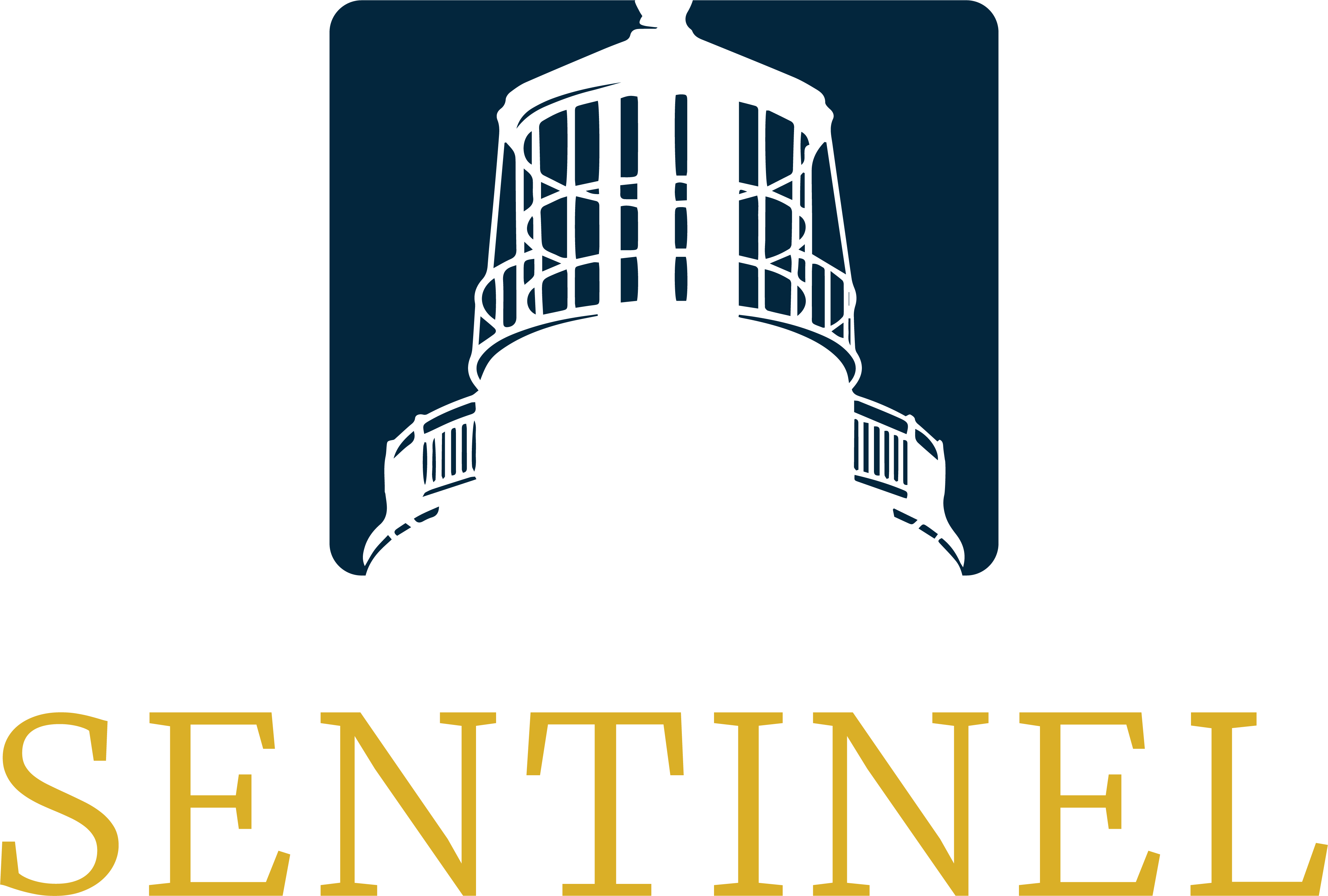A massive relief effort is underway to get American people and businesses back on track in the wake of COVID-19. From unemployment benefits to small business loans, to debt relief and tax credits, the list of available resources is already long and still growing.
Sentinel has compiled this comprehensive Small Business Resource Guide to keep our clients and partners apprised of the many tools available, from federal and state-funded programs, to public and private assistance plans. We will update this list as new resources become available.
The $2 trillion CARES Act passed by Congress and signed into law on March 27 provides help for a large swath of America, from unemployed people to business and industry. But the stimulus will undoubtedly have the greatest impact on small business, the all-important engine fueling the nation’s economy. The goal of these relief provisions is simple and powerful: keep people working, keep business open.
Small business experts with the N.C. Department of Commerce are available and standing by to answer your questions on available state and federal resources. Counselors are available Monday-Friday from 8:30 a.m. to 4:30 p.m. Call them today at: 800-228-8443.
Download the SBA’s complete resource guide, here: https://www.sba.gov/page/coronavirus-covid-19-small-business-guidance-loan-resources.
The following grant and loan programs are available for enterprises with 500 or fewer employees:
- Federal emergency grants of up to $10,000 each to cover operating costs. These grants are available directly through the SBA’s federal disaster loan program under the CARES Act. The loans are based on self-certification and credit score, with few other criteria, and are available even for businesses with an existing line of credit. Apply directly at: SBA.gov/disaster.
- SBA loans up to $2 million per business under the Economic Injury Disaster Loan (EIDL) program. EIDL loans will be awarded to qualifying businesses for financial obligations and operating expenses that could have been met had the coronavirus crisis not occurred. The interest rate for these loans is 3.75 percent for businesses, 2.75 for nonprofits. The maximum loan is $2 million, but applicants can request an advance of up to $10,000, which they are not required to repay in the event the loan is denied. Repayment begins one year after loan origination. Apply online here: https://disasterloan.sba.gov/ela/.
- SBA loans of up to $10 million made through local lenders as part of the Paycheck Protection Program (PPP), a new loan program based on the architecture of the SBA’s existing 7(a) loan program. PPP loans are designed for payroll costs, healthcare benefits, insurance premiums and interest payments on mortgages. PPP loans can be forgivable for some qualifying businesses, but most often will be repaid at 10-year terms at no more than 4 percent interest. Unlike the EIDL loans, which will place a UCC lien against the assets of the business, PPP loans require no collateral. This program is not accepting applications just yet, but should be ready by April 10. To speed relief to your small business, consider applying for an EIDL loan now and converting the principal to a PPP loan at a later date; an allowance in the CARES Act that anticipated delays getting local SBA lenders up and ready. For a list of SBA lenders in North Carolina, click here: https://www.sba.gov/offices/district/nc/charlotte/resources/sba-lenders-serving-north-carolina-small-businesses.
- Some small business loans may be still be available through the NC COVID-19 Rapid Recovery Loan program, funded by a consortium of public, private and nonprofit partners to help bridge the gap between the start of the crisis and the availability of state and federal funds. Apply online here: https://loans.threadcap.org/agreements/new

